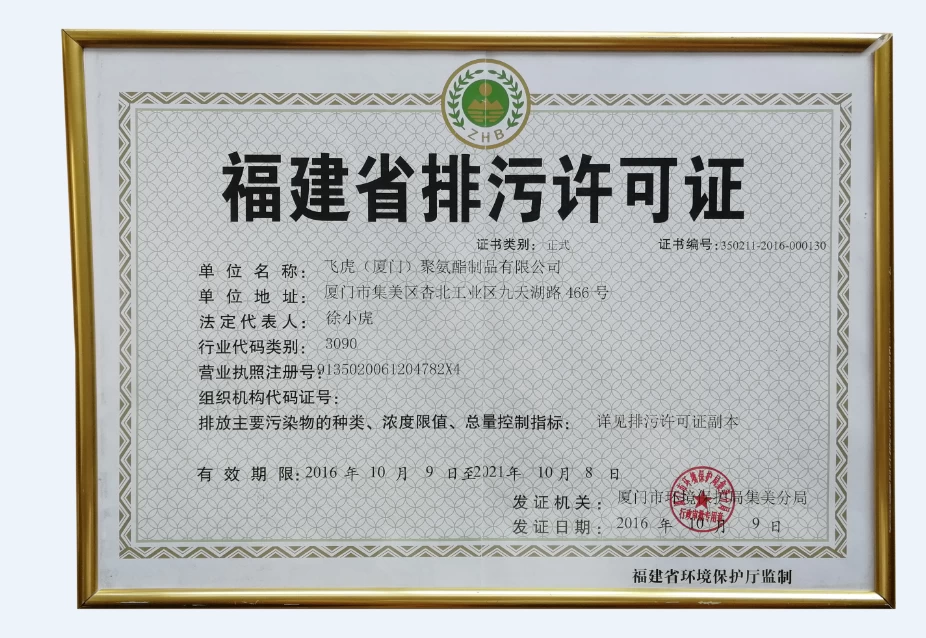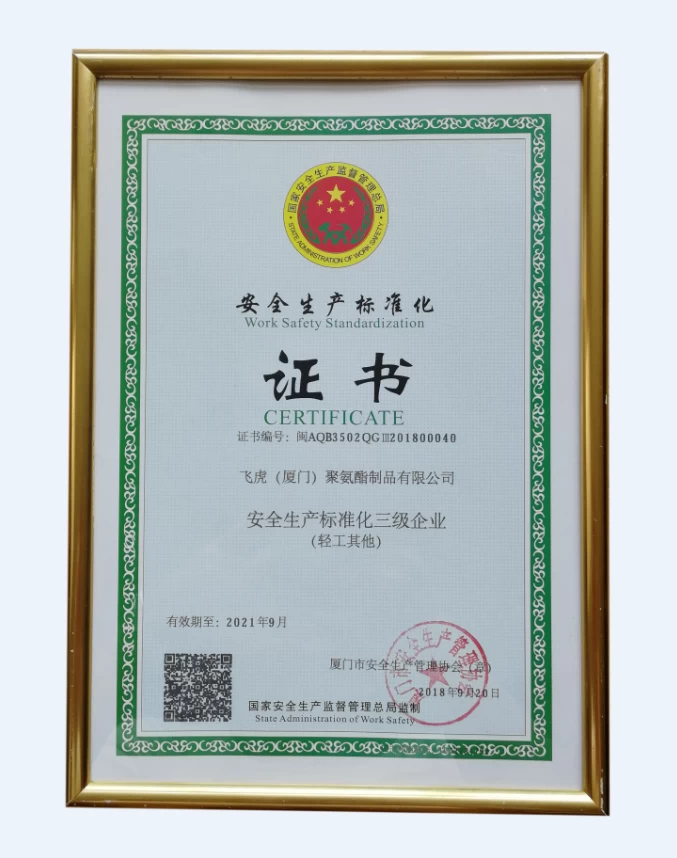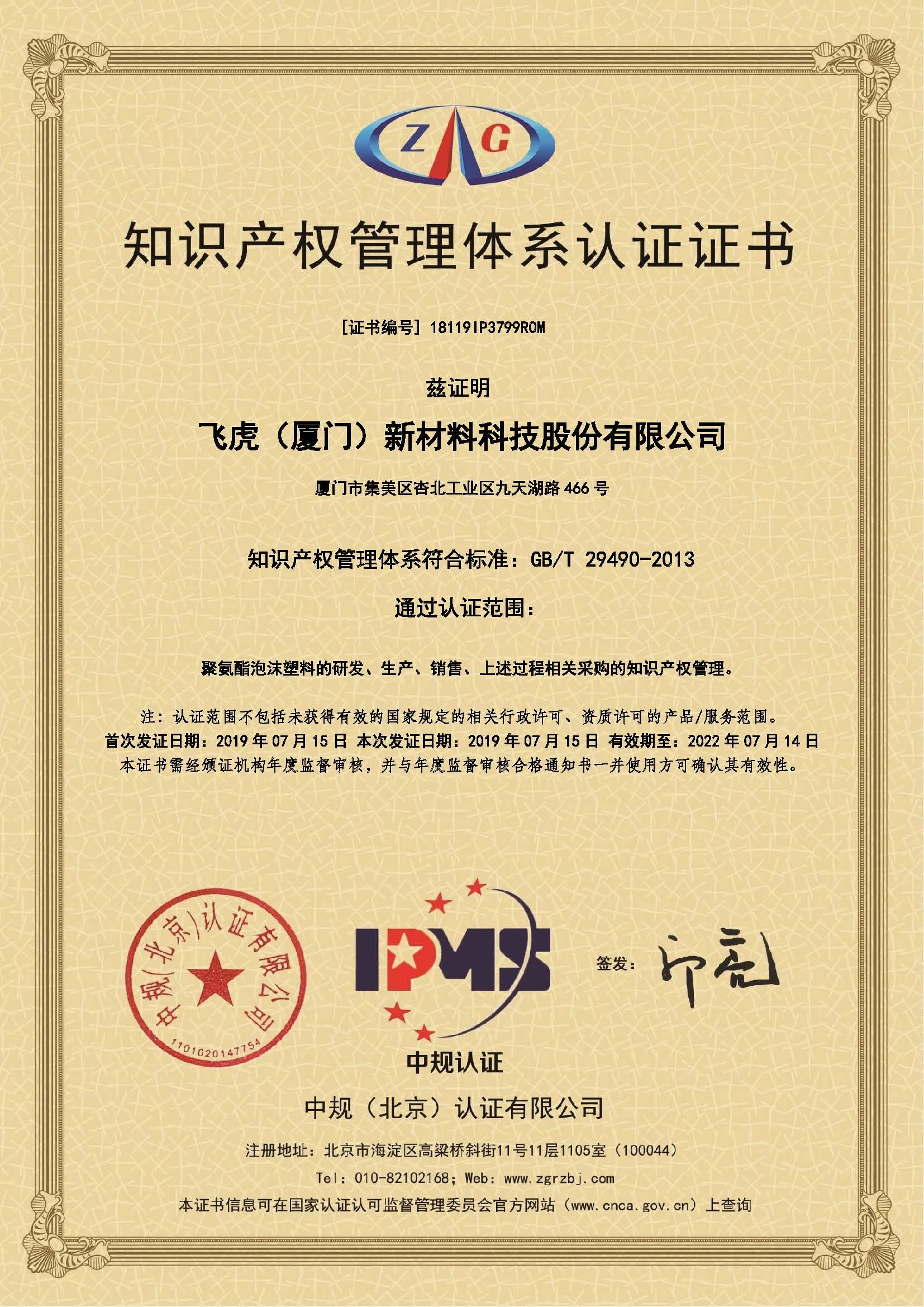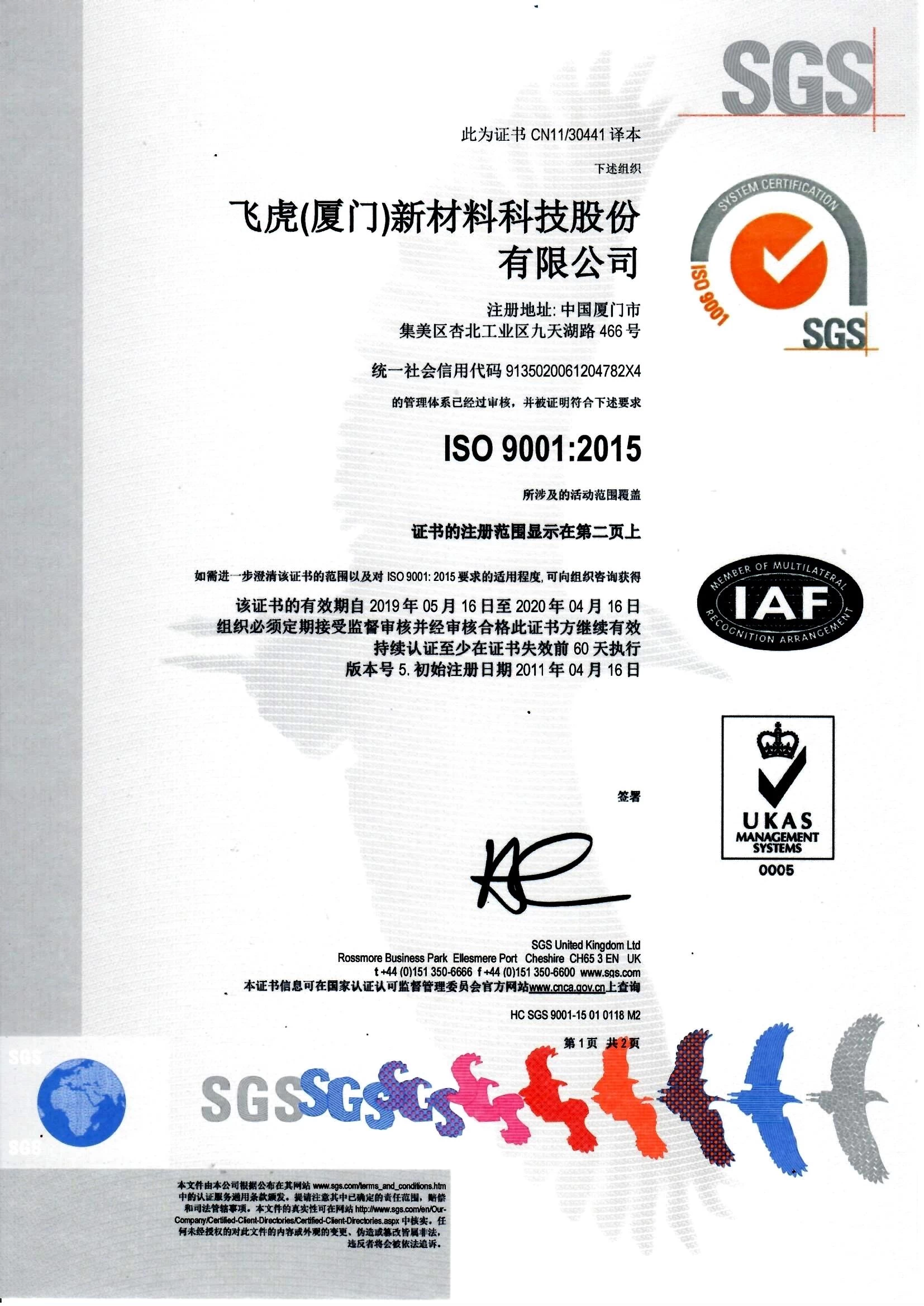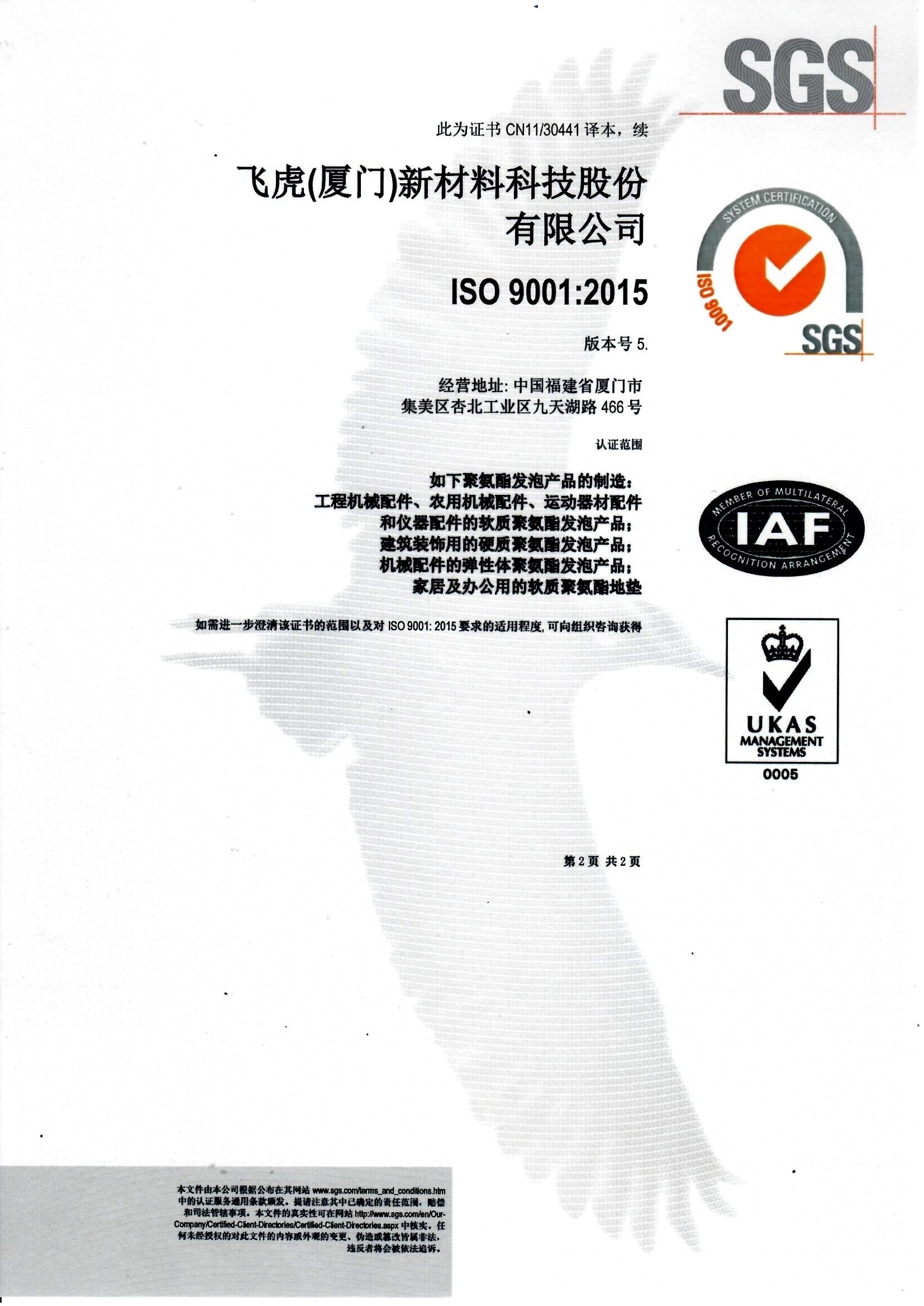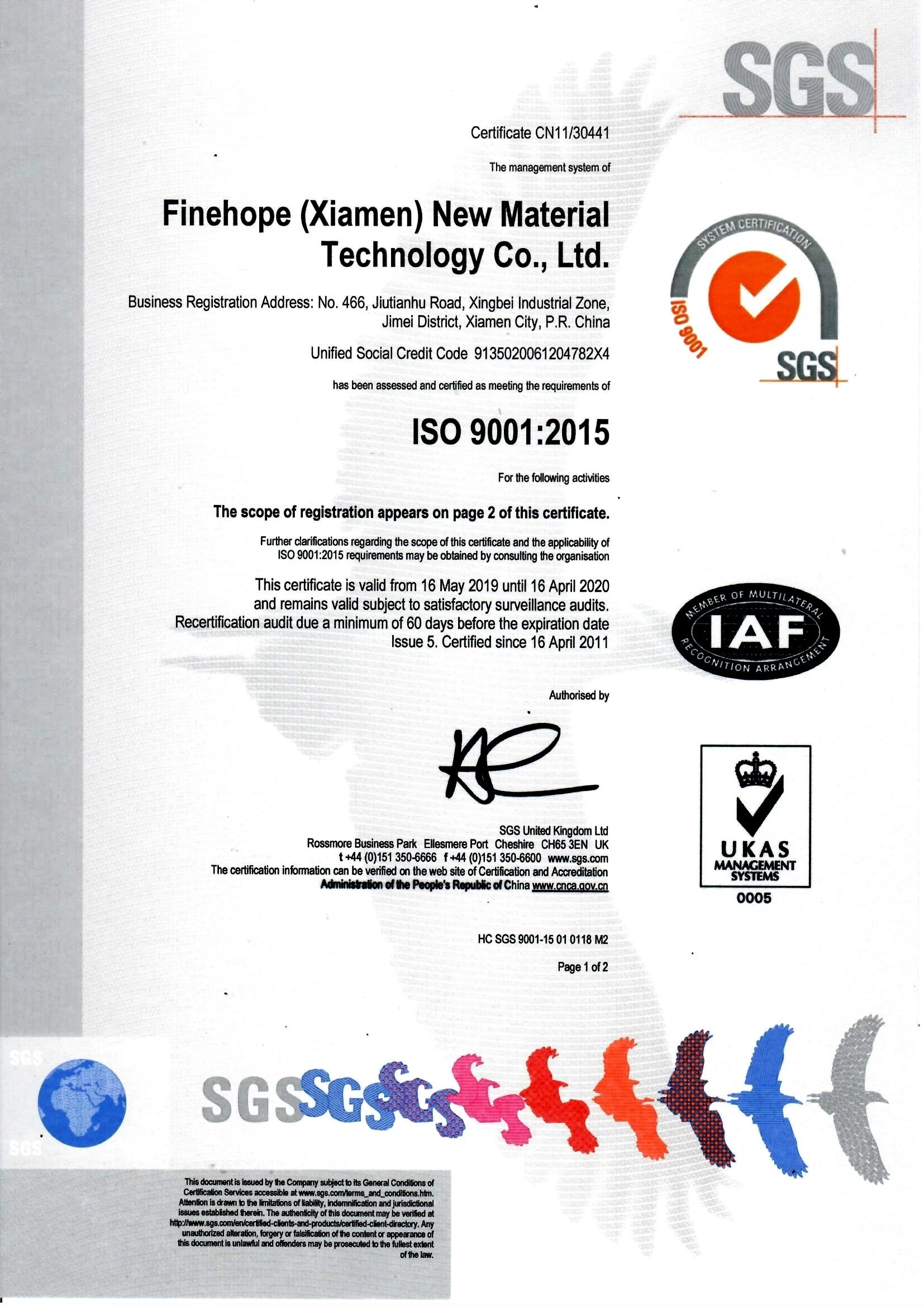Asia will face nuclear confrontation
Max Lin
2017-06-07 10:24:58
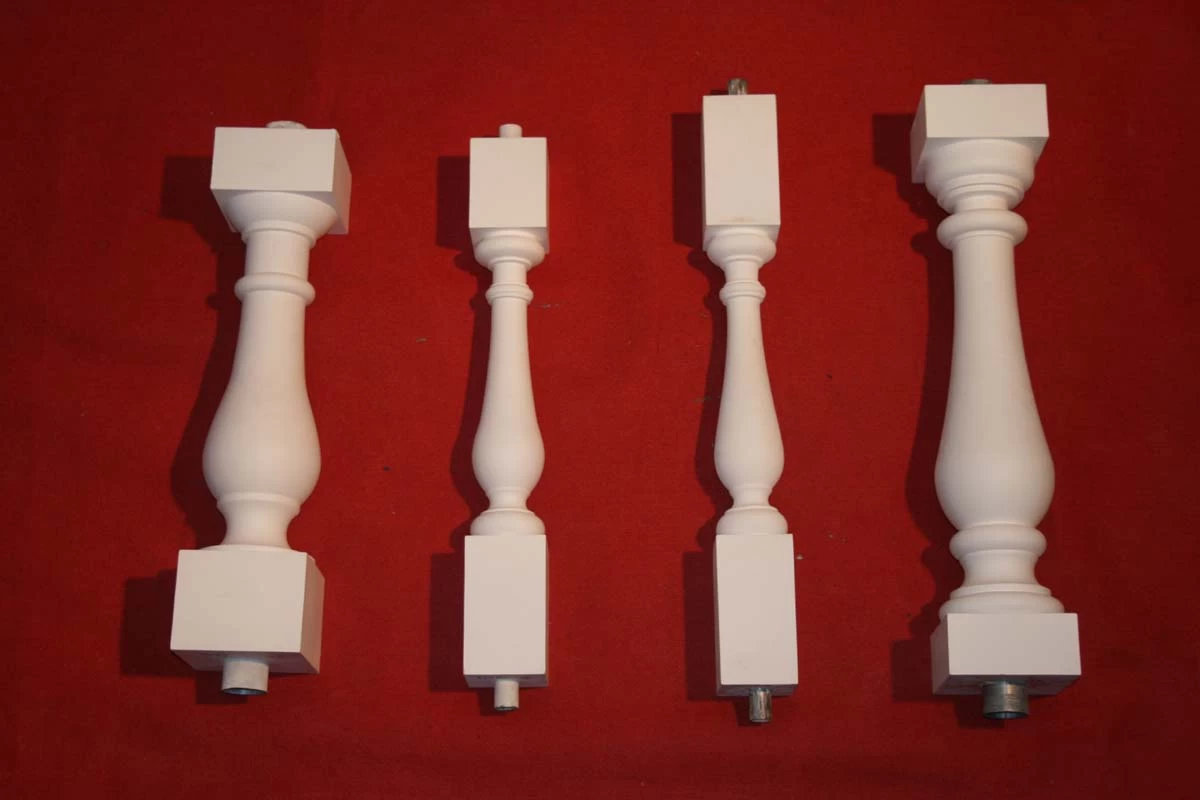
Nine national leaders have the power to unleash nuclear devastation but, if it were not for the actions of a traitorous Taiwanese colonel in 1988, that number would be at least 10.
Chang Hsien Yi at 73 years old enjoys a quiet life in Idaho. For years he lived in secrecy in the US because of fears he would be assassinated by Taiwanese agents for revealing the full extent of Taiwan’s secret nuclear weapons programme. His defection gave Washington the evidence it needed to force Taipei to shut down the project.
After decades of silence, Mr Chang has recently written a book on his role in this fascinating and little-known chapter of history. One of the revelations is that his actions, carried out mostly for idealistic reasons, halted Taiwan’s project when it was just one or two years away from producing the bomb.
Most worrying of all is the fact that Taiwan, a self-ruled island that China has sworn to “reunify” with the mainland, by force if necessary, could secretly restart its programme at any time and probably produce a weapon within a similar timeframe.
North Korea’s sabre-rattling and headlong race to build a warhead that could reach the US has brought the modern arms race into sharp focus in recent months. Presented with the ignoble example of Muammer Gaddafi, killed eight years after agreeing to abandon his nuclear weapons, the youthful dictator Kim Jong Un is unlikely to follow suit in response to threats or bribes.
That means, unless the US and its allies are willing to risk a devastating war to remove Mr Kim, regional governments will soon have to ask whether America is willing to sacrifice Los Angeles for Tokyo or Seoul.
As the Singaporean diplomat Bilahari Kausikan points out, the answer is obviously “no”. So the outcome is that Japan and South Korea will soon be forced to develop nuclear deterrents. As in the case of Taiwan, Japan has the capability to develop such weaponry very quickly — and is likely to do so even if Donald Trump does not follow through on his campaign promise to lift the US nuclear umbrella from over east Asia. Seoul will not be far behind.
If this scenario is now unavoidable, the question is what that means for peace and stability. Under the theory of deterrence made popular during the cold war, the prospect of mutually assured destruction dissuaded all sides from acting rashly.
Mr Kausikan uses this same logic to argue that a nuclear arms race in north-east Asia would lead to a similar uneasy equilibrium. He believes a nuclear balance of terror would have the added benefit (from the perspective of Washington, Tokyo and Seoul) of freezing the status quo in the region and thwarting Beijing’s revanchist goal of recreating an east Asian order with China at its apex.
Mr Kausikan is correct that a nuclear-free North Korea is now a very unlikely prospect. The regime in Pyongyang will probably collapse — one day — in full possession of its nuclear arsenal, a terrifying prospect but one that the world has seen before with the dissolution of the Soviet Union. Unless that happens soon, nuclear build-up in the region is almost inevitable. Faced with this prospect, it is tempting to be sanguine and gamble on the logic of deterrence.
Taiwan’s nascent nuclear programme should make everybody pause. Beijing has sworn to carry out pre-emptive strikes if it believes Taipei is close to deploying its own weapon. But in a neighbourhood where everyone else has gone nuclear, could the world really expect Taiwan — or Singapore or Malaysia or Indonesia or Australia — to restrain themselves?
Unfortunately, the days when a single idealistic traitor could halt the advance of mass destruction are far behind us.
Related news:
- PU rigid foam baluster, traditional design rigid foam balusters, customizable PU balusters design, outdoor balusters for balcony
- Polyurethane no slip bath mat non skid mat floor foam mats cushioned kitchen mats cushion mat
- wrought iron balcony balustrade.exterior balustrades.terrace balustrade.iron balustrade
- balustrades for sale.balustrade outdoor.stainless steel balustrade.decorative balustrade
- baluster mold,stair baluster,railing baluster,balcony baluster




